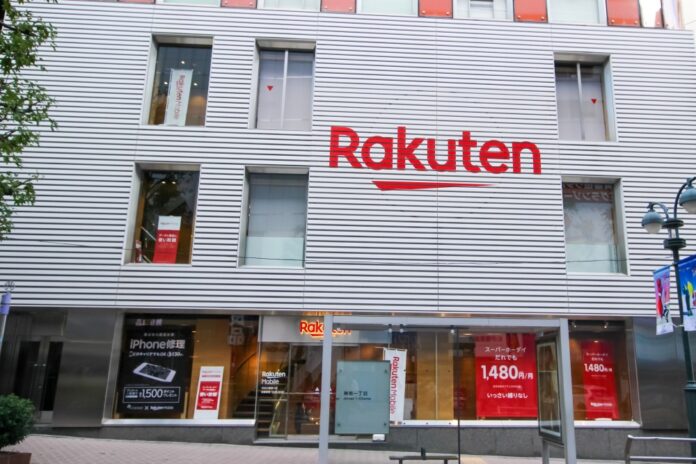Operators accused of putting themselves and users at risk
Japanese mobile operator Rakuten Mobile has appointed security system vendor Mobileum to run its active intelligence system in a bid to combat the rise of mobile fraud. However some critics says operators are too lax over their security.
Mobileum’s Active Intelligence offering covers network security, roaming and core network, testing and monitoring, risk management and customer engagement and experience.
Rakuten Mobile will use Mobileum’s unified revenue assurance and fraud management services alongside advanced analytics systems to connect deep network and operational intelligence. It claims it can take instant action to improve customer experience and reduce costs.
Collaborating on new security inventions
Rakuten has also signed collaboration and partnership agreements with Mobileum to jointly develop products to solve some of the industry’s key security, risk, and 5G testing challenges for telecom operators worldwide.
Mobileum’s systems will also be available to global operators through Rakuten Symphony as part of the Rakuten communications platform.
“Our relationship with Rakuten Mobile reinforces the value that Mobileum’s Active Intelligence platform is driving growth, profitability, and market differentiation for our customers,” said Bobby Srinivasan, Mobileum CEO.
Mobile operators don’t protect their clients
However one security expert said fraud is ‘not a high enough priority with telcos at all’. “Our research shows that operators lose nominally between 10 and 30 per cent of their revenue to fraud, sometimes even 70 per cent,” said Andy Gent, CEO of security service provider Revector.
Gent said operators who don’t fight fraud allow criminals to destroy shareholder value. “There are solutions on the market that address spoof phone calls, spam and SMS. Why are these issues not being addressed?” said Gent.
Mobile network operators lost a fifth of their termination revenues to over the top (OTT) hijack on average, according to Revector’s own research.
Hiya is rising star of mobile security
Telenor Norway uses Hiya’s intelligent call security service to protect subscribers from fraud and nuisance calls. However, that was a reaction to an attack when 200,000 fraud calls targeted Norway as part of a state sponsored attack from North Korea January 13.
Hiya claims to protect 200 million subscribers in over 40 countries against scam calls. It analyses 15 billion calls a month, revealing how the scam industry works, the latest tactics and behaviours of scammers and how carriers can deter scammers and protect subscribers
Security services such as Hiya’s are relatively easy to install, according to Hiya, a start-up which invented a system that can be integrated with a mobile operator’s apps. In this case it interfaced with Telenor’s Se Hvem app on iOS and Android. It then detects and flags fraud and nuisance calls for Telenor Norway users.
Shareholder value at risk too
Asked if operators might put network building, application development or Covid adjustments first, Gent said these are pointless activities if criminal organisations are going to steal any subsequent income from them. Just as ‘over the top’ (OTT) content providers outmanoeuvred them in previous generations, now they are failing to do enough to stop fraudsters exploiting their networks.
Gent said telcos have forgotten one important lesson from their past as they evolved into communications service providers (CSPs).
“Operators have historically been marketing driven companies. As they learn to act like utilities they should focus more on protecting and maximising the revenue they receive,” said Gent.
Fraudsters are getting more sophisticated, sending spam calls, social profiling and other techniques to defraud people, according to Gent. “It’s a constant struggle for operators to keep up,” said Gent.



